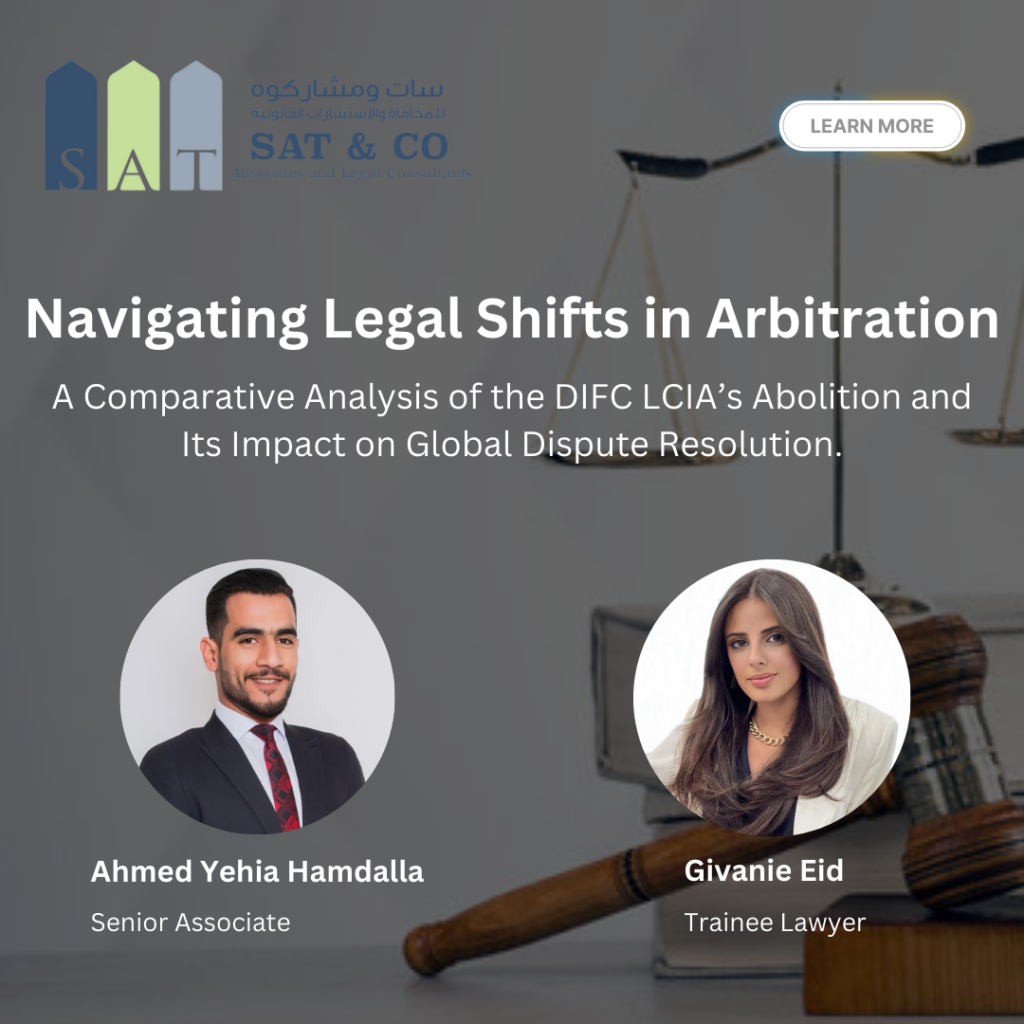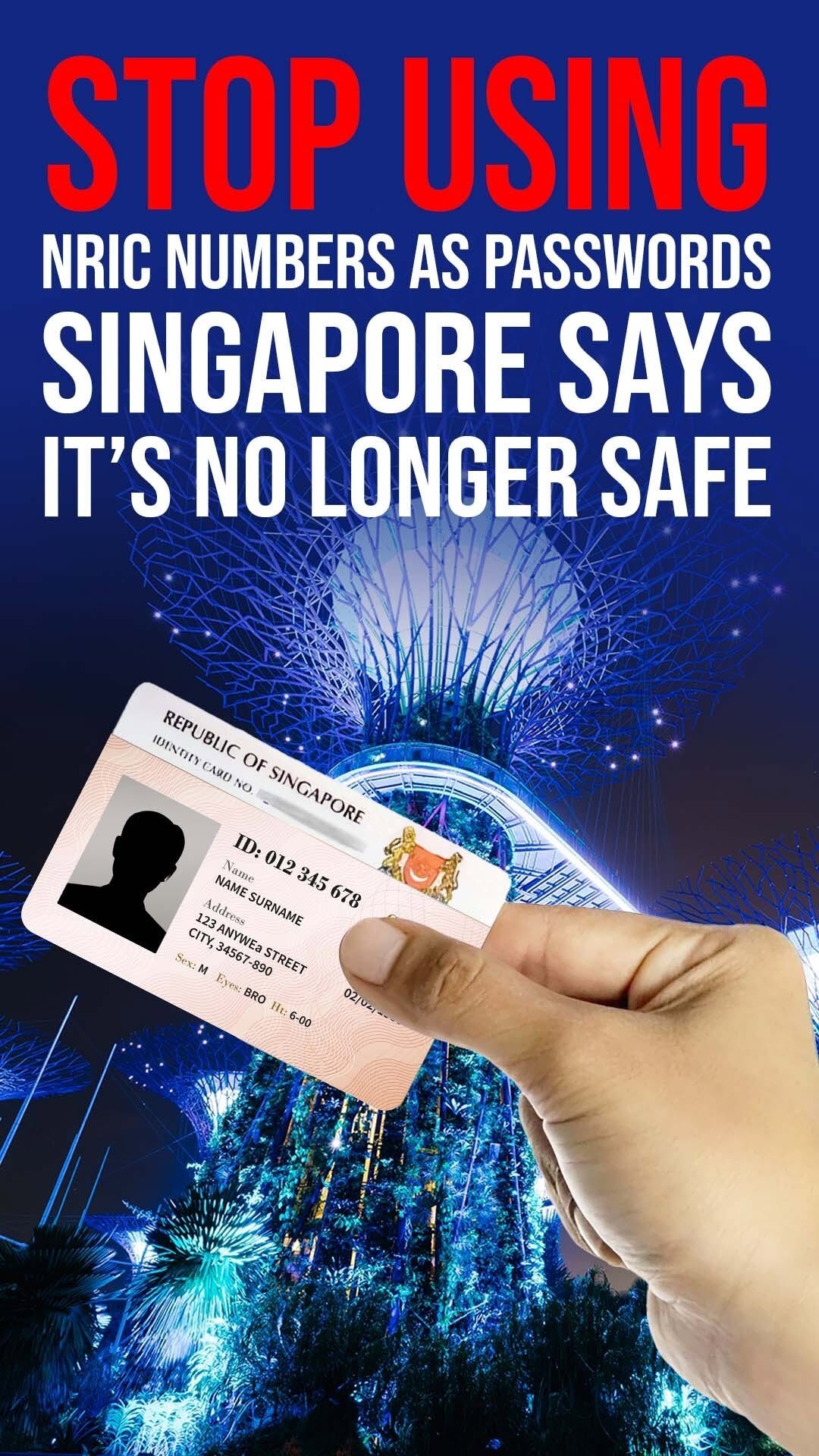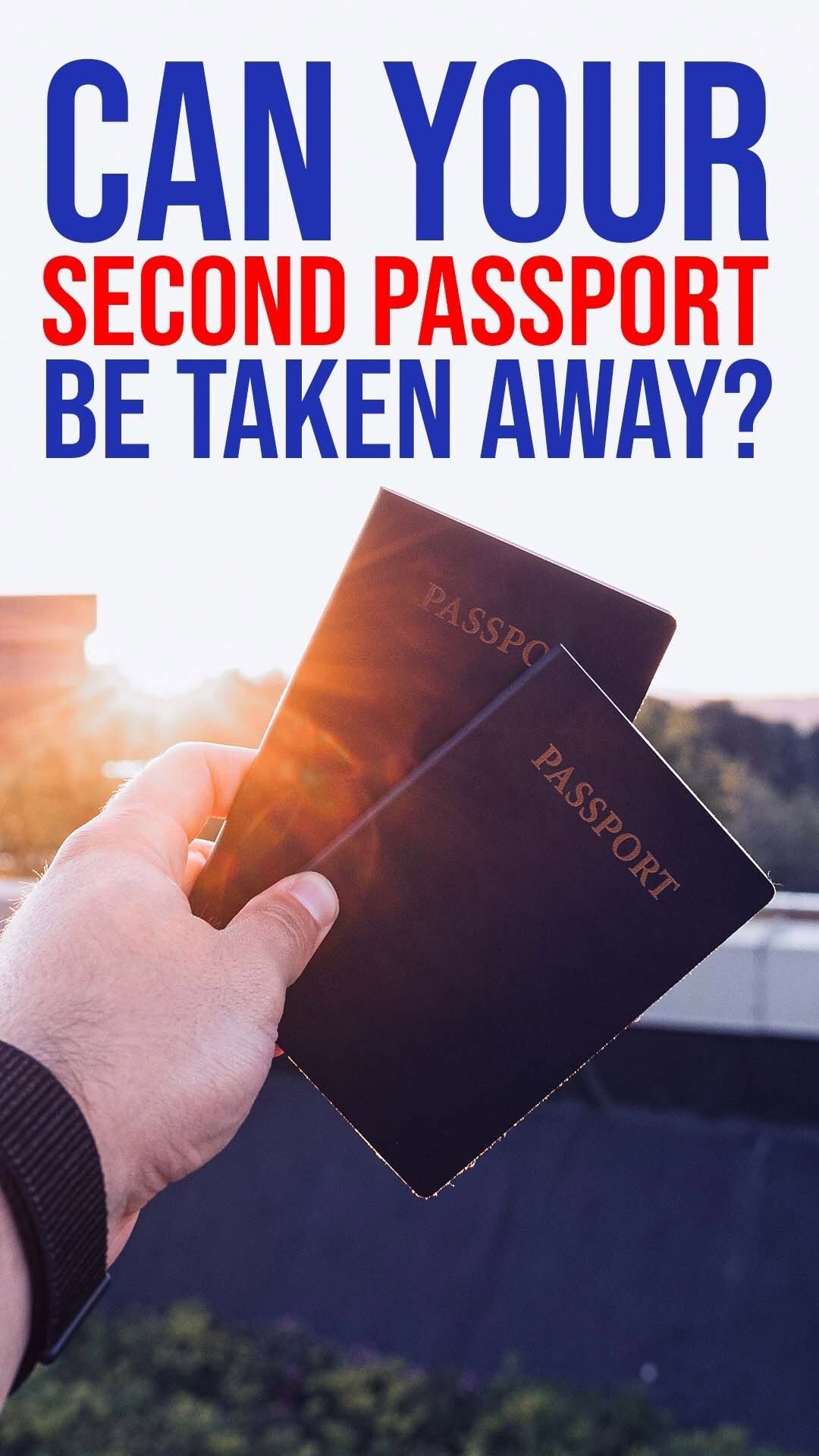

Since 2010, the Global Law Experts annual awards have been celebrating excellence, innovation and performance across the legal communities from around the world.
posted 2 years ago
Introduction:
The international legal landscape is undergoing significant changes in the realm of arbitration, as exemplified by two distinct cases—one unfolding in the United States District Court, Eastern District of Louisiana, and the other in the United Arab Emirates with the recent legislative amendment abolishing the DIFC LCIA Arbitration Center. This article aims to explore the legal complexities and implications surrounding these developments.
The legislative move to dissolve the DIFC LCIA Arbitration Center and transfer its functions to the DIAC signifies a fundamental shift in the arbitration landscape. Established legal frameworks are crucial for fostering a conducive environment for dispute resolution, and the amendment reflects the authorities’ commitment to enhancing the efficiency and reputation of international arbitration within the region. However, the amendments might affect the juridical position of the parties in the arbitration agreement
The legislative amendment explicitly revokes the existence of the DIFC LCIA Arbitration Center. This move is indicative of a strategic decision to consolidate arbitration services under a single entity, promoting uniformity and streamlining the dispute resolution process.
According to the Decree number (34) of 2021, all the rights and obligations previously held by the DIFC LCIA Arbitration Center are now vested in the Dubai International Arbitration Center. This transfer encompasses a broad spectrum of functions, including case management, appointment of arbitrators, and administration of arbitral proceedings.
With the absorption of the DIFC LCIA Arbitration Center’s responsibilities, the DIAC emerges as a central hub for international arbitration in the region. This consolidation is expected to fortify the DIAC’s position as a leading institution, fostering credibility and competence in handling complex cross-border disputes. However, the revocation of the existence of DIFC-LCIA has not been tested internationally. It raises a critical question: “Does the legislature have the right to revoke an arbitration center and obligate the parties to the arbitration agreement to execute their arbitration clause before a new arbitration center?”
The legal dispute between Baker Hughes Saudi Arabia Company Ltd. (“Plaintiff”) and Dynamic Industries, Inc., Dynamic Industries International, L.L.C., and Dynamic Industries International Holdings, Inc. (“Defendants”) in Civil Action No. 2:23-cv-1396 revolves around a contractual dispute arising from an oil and gas project in Saudi Arabia. Plaintiff alleges that, despite fulfilling contractual obligations, Defendants failed to remit $1.355 million for provided materials, products, and services.
The heart of the matter lies in the Defendants’ Motion to Dismiss for Forum Non Conveniens or to Compel Arbitration, invoking the Contract’s arbitration clause tied to the now-defunct Dubai International Financial Center London Court of International Arbitration (“DIFC LCIA”). The complication arises from the Dubai government’s elimination of the DIFC LCIA in 2021, replacing it with the Dubai International Arbitration Center (“DIAC”). Plaintiff argues that this transition renders the arbitration provision unenforceable.
The Federal Arbitration Act (“FAA”) upholds the enforceability of arbitration agreements, emphasizing mutual consent. However, the U.S. Court of Appeals for the Fifth Circuit, drawing from Supreme Court decisions, emphasizes that arbitration cannot be compelled if the agreed-upon tribunal is no longer available.
Examining case law, including National Iranian Oil Co. v. Ashland Oil, Inc. and Ranzy v. Tijerina, the court leans on precedents affirming that parties cannot be forced into arbitration in a forum to which they did not originally agree. Defendants counter by asserting that the Dubai government’s decree effectively transferred the obligations of the DIFC LCIA to the DIAC, validating the initially agreed-upon arbitration agreements. Plaintiff disputes this, asserting that the Dubai government lacks the authority to unilaterally alter the arbitration forum specified in the Contract.
The court rules against Defendants’ motion, emphasizing the unavailability of the agreed-upon arbitration forum, the DIFC LCIA. This case highlights the challenges and legal implications arising when arbitration forums undergo significant changes, impacting the enforceability of arbitration agreements.
To sum it all up, the American judgment is influencing all arbitration parties incorporating an arbitration clause referencing the DIFC LCIA.
Get the latest legal news and updates at Global Law Experts
Author


No results available
posted 1 hour ago
posted 1 hour ago
posted 5 hours ago
posted 2 days ago
No results available
Find the right Legal Expert for your business
Global Law Experts is dedicated to providing exceptional legal services to clients around the world. With a vast network of highly skilled and experienced lawyers, we are committed to delivering innovative and tailored solutions to meet the diverse needs of our clients in various jurisdictions.

When your international business faces financial distress, quick action is key! 🔑 Negotiating with creditors, restructuring debt, and understanding insolvency laws can help regain stability. Global Law Experts is here to guide you through your options.
🌍Explore the details on our website.
🔗Link in bio
#GlobalLawExperts #CommercialLaw #BusinessLaw #LegalAdvice #BusinessGrowth #LegalTips #BusinessStrategy #LegalCompliance #Law #LegalKnowledge #LegalAwareness #Law101 #LegalEducation #IntellectualProperty

Running a business is hard enough — lawsuits shouldn’t make it harder. 🚫 Protect your business with the right legal strategies and expert tools from Global Law Experts. Let’s secure your future together! 💼
🌍Explore the details on our website.
➡️www.globallawexperts.com
#GlobalLawExperts #CommercialLaw #BusinessLaw #LegalAdvice #BusinessGrowth #LegalTips #BusinessStrategy #LegalCompliance #Law #LegalKnowledge #LegalAwareness #Law101 #LegalEducation #IntellectualProperty #Infringed #Ecommerce #LegalBranding

Using NRIC numbers as passwords or identity proof? That era is done. Strengthen your security with multi-factor authentication and biometrics—because your clients' trust depends on it.
#SingaporeLaw #DataPrivacy #CyberSecurity #PDPA #NRIC #MFA #StrongAuthentication #LegalCompliance #ClientTrust

Swiss law protects secured lenders—with precision. From real estate to IP and bank accounts, every asset counts—just as long as it’s defined, documented, and delivered.
#SwissLaw #SecurityInterest #Collateral #InternationalLending #SwissFinance #LegalCompliance #GlobalBusiness #AssetSecurity

Gold trading in Saudi Arabia isn’t just a business—it’s a lab test, a permit, and a legal tightrope. Want to succeed? Start with compliance, hallmarking, and permits—or risk losing it all.
#GoldTrading #SaudiLaw #PreciousMetals #BusinessSetup #LegalCompliance #GlobalBusiness #SaudiArabia #TradeRigour

Second citizenship isn’t permanent—especially if you break the rules. Know the risks and how to safeguard your status: be transparent, stay lawful, and honour all citizenship requirements.
#SecondCitizenship #CitizenshipRisks #DualNationality #Compliance #GlobalMobility #LegalAdvice #ImmigrationLaw

Send welcome message